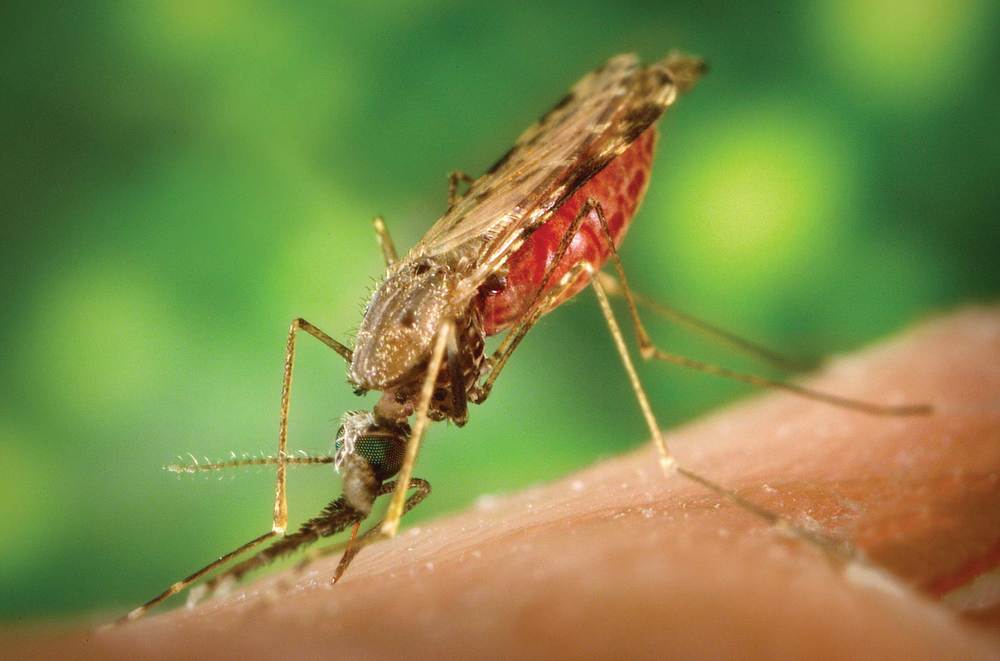Malaria vaccine enters phase III trials
GSK announces huge success in African tests

A malaria vaccine candidate called RTS,S has been raising a stir within the health industry since the pharmaceutical giant, Glaxo-Smith Kline, announced highly promising results in its on-going phase III trials in Africa. Whilst it is unwise to declare success too soon, it is hoped that these early results may mark the beginning of the greatest breakthrough in malarial control yet.
Malaria represents one of the world’s most pressing public health problems, killing nearly 800,000 people every year, mostly children in Africa, and development of a vaccine is an urgent need. After decades of failed vaccine attempts, it is seeming increasingly likely that RTS,S will become our first approved vaccine against this debilitating, parasitic disease.
The first results from the on-going trial, in which over 15,000 children are enrolled, show that RTS,S reduces the risk of malaria by half in children aged five to seventeen months. Crucially, the vaccine showed no significant side-effects and can be administered safely along with other childhood vaccines. However, information regarding the longer-term protective effects of the vaccine will not be available until the end of 2014, 30 months after the children have received their third dose of the vaccine.
A vaccine is an essential tool in reducing the burden of malaria since the causative agent, a protozoan parasite called Falciparum, regularly develops resistance to drugs, making some cases untreatable. Antimalarial drugs are also very expensive and often unavailable in many developing African countries. Mosquitoes similarly develop resistance to insecticides, decreasing the efficacy of bednets and indoor spraying. Throughout history, vaccines have also proven to be highly cost-effective and powerful ways of preventing morbidity and mortality from disease, allowing for the eradication of smallpox and very near-eradication of poliomyelitis. It is likely that even a modestly efficacious malaria vaccine would prevent hundreds of thousands of cases of the disease every year.
Contrary to many vaccines such as those for the polio and influenza viruses, which were relatively simple to develop and available many decades ago, the development of a malaria vaccine has been a long and tortuous process.
The most significant challenge that scientists face is a lack of understanding of the immune responses associated with protection against the disease. Since the function of a vaccine is to elicit a long-lasting, protective immune response against a specific pathogen, it does not help in this case that scientists do not know what type of response they should be aiming for.
RTS,S is designed to trigger the immune system to defend against Plasmodium, the parasite that causes malaria, when it first enters the human host’s bloodstream (after a mosquito bite) and when the parasite infects liver cells. It aims to prevent the parasite from infecting, maturing and multiplying in the liver, as well as from re-entering the bloodstream and infecting red blood cells, at which point the affected person, normally, would begin to show symptoms.
For now, the scientific community is waiting on edge for these late-stage safety and efficacy trials to be completed, but the World Health Organisation has indicated that a policy recommendation for the RTS,S vaccine is possible as early as 2015. However, there are concerns about the affordability of the vaccine and some health experts point out that RTS,S is not as effective as other common vaccines.
Nevertheless, there are many reasons to be optimistic about the advent of such an important weapon to fight malaria and hopeful that this disease may be eradicated in the not so distant future.







